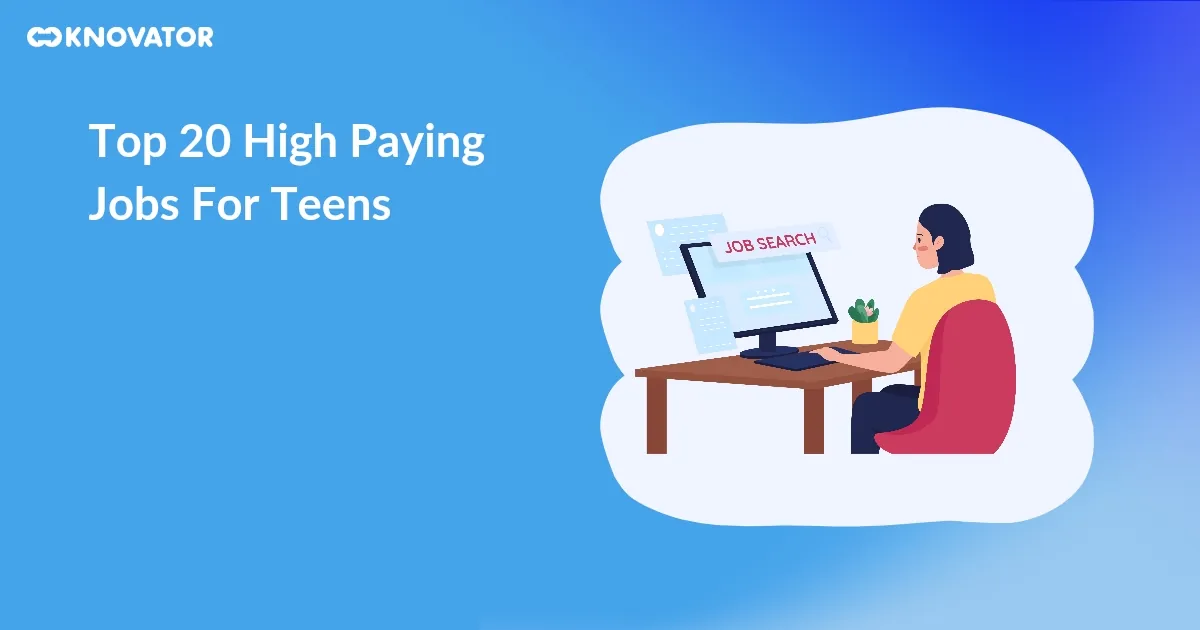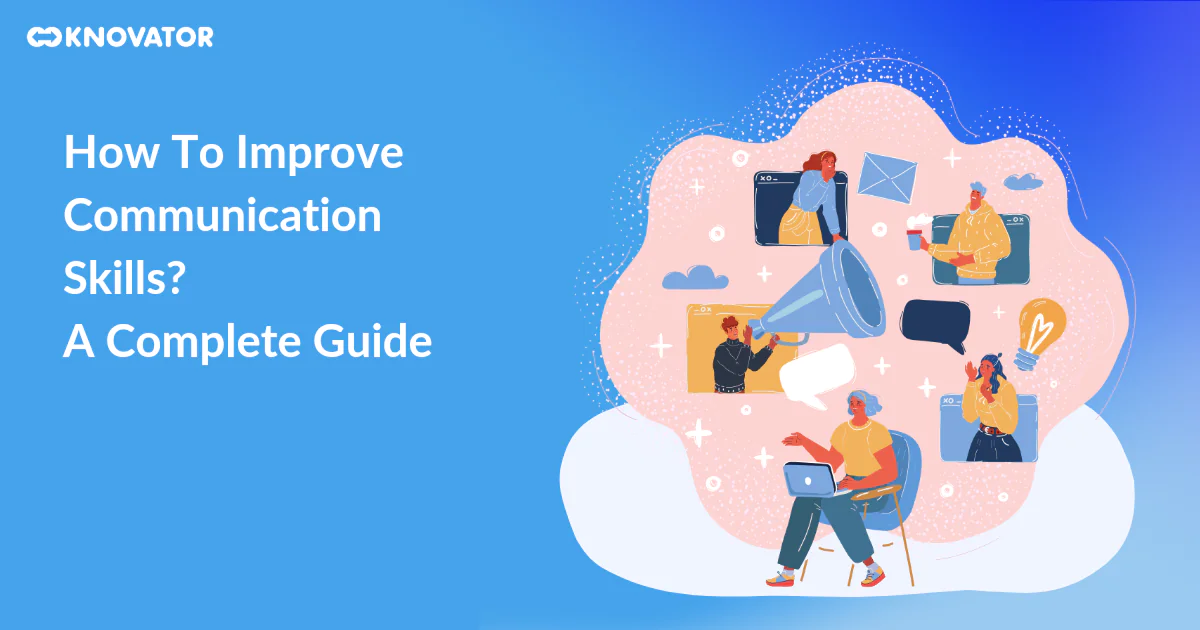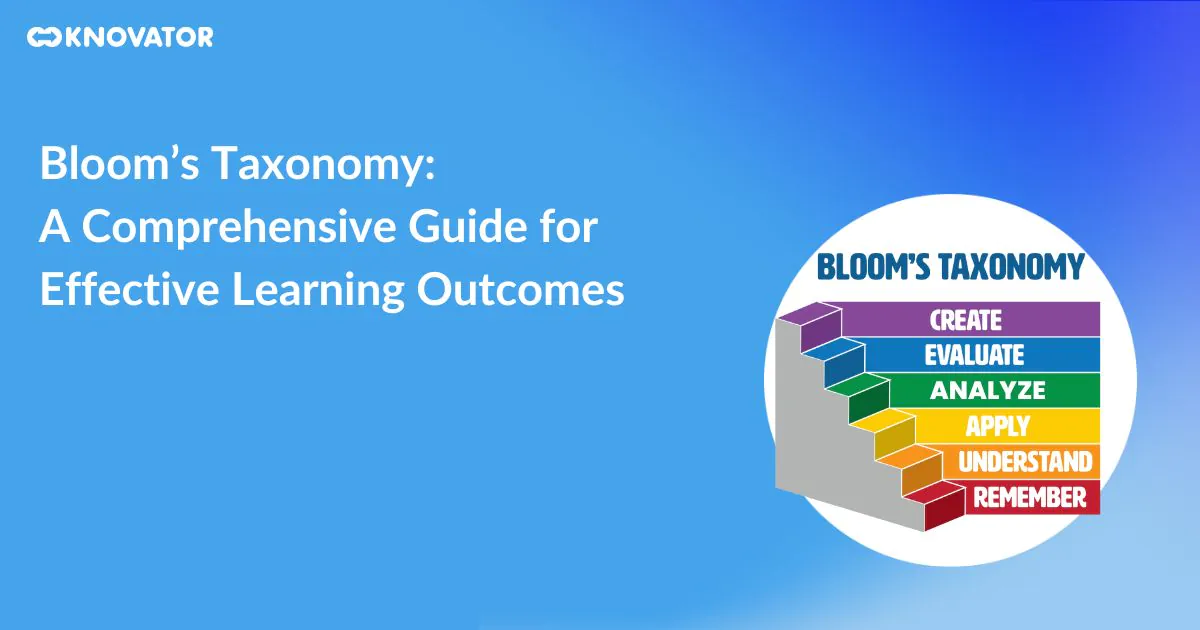What will the future of education look like?
As all businesses move towards digitization, the education sector cannot be the only one left behind. Currently, almost every educational institution is using technology to provide students with an enhanced learning experience. It is not wrong to assume that e-learning is the future of education. More and more educators are looking for technologically advanced avenues to assist them. Emerging e-learning mobile app development platforms should be flexible and compatible with all devices to remain accessible to students at all times.
How will the e-learning industry change the future of education?
Around 75% of educators across the globe believe digital learning will completely replace conventional learning by 2026. As numerous Edu-tech companies, educators, and every eLearning app development company are constantly working to create and adopt novel e-learning methods, students can expect the emergence of lively and engaging e-learning platforms. Additionally, educators are also exploring the possibilities of combining education with virtual reality (VR) headsets and online video gaming platforms to encourage young students to spend more time studying.
The culture of online learning is rising to popularity, and learners now have a wide assortment of learning options from which they can choose. Depending upon the student’s area of interest, they can easily select the subjects of their interest and learn instead of waiting for the subject to appear in their curriculum. Therefore, it is pretty evident that students, teachers, and parents can easily expect revolutionary changes in the education and learning system in the upcoming decade.
To help students understand the recent technological transformation in the education industry, given below are some emerging e-learning trends bound to change the eventuality of the modern-day education system.
Use of artificial intelligence in the e-learning industry
Artificial Intelligence (AI) is taking the entire world by storm because of its widespread applications. Artificial intelligence is one of the main reasons educators are thinking of introducing this technology in e-learning platforms. Artificial intelligence can make the learning experience better for their students by providing customized tests to test their knowledge. With constant new developments in artificial intelligence, educational institutions can work more effectively.
This adoption of artificial intelligence in the e-learning industry will assist the students and assist the educators in creating personalized learning techniques. Teachers can easily use these to guide students through their questions and provide students with a more effective and engaging learning method. Read here to know more transforming e-learning through artificial intelligence.
Provision of customized learning materials
With the ongoing technological advancements in the education industry, students can easily avail of e-learning in numerous modes. You now have the option of group learning in online classes or private classes with customized learning material designed especially for you. With customized learning, students can easily identify all their strengths and weaknesses and overcome them.
Customized learning encourages students to study topics they choose rather than implementing a list of topics. Students are encouraged to complete any random topics while the system keeps track of what is left for them. Customized learning is especially ideal for students who don’t enjoy studying linearly and instead choose random topics.
Additionally, this trend of e-learning mobile app development will also assist many online teaching platforms in creating and delivering tailor-made learning materials in the form of research papers, MCQ sheets, blogs, white papers, articles, e-books, and many more. The biggest advantage of this trend remains that students can study at their own pace without needing to adhere to a specified timeline.
Customized learning methods, when implemented, can prove advantageous in the long run and can easily help retain knowledge. Customized learning materials will further ensure that students develop expertise in their desired subject without traveling outside their home.
The concept of microlearning
Another emerging trend in the e-learning industry is the concept of microlearning. Many students find it challenging to grasp all the points in the lengthy study material. Lengthy study material usually results in extra study hours or homework. To ensure better learning and clarity with the concepts, educators have adopted the concept of microlearning.
In this e-learning trend, the study materials and topics are divided into smaller portions comprising a combination of videos and text. This division of study materials and concepts enables the students to retain knowledge for an extended time. The breakdown of study materials also allows students to take breaks in between study sessions. This microlearning will shape the future of e-learning and encourage knowledge retention without the added pressure of large textbooks.
Gamification of e-learning platforms
All students agree that learning is simpler when done engagingly. To make studying more effective and engaging, almost every eLearning app development company is partnering with gaming platforms to integrate complex topics with gaming software. This gamification focuses solely on implementing various gaming methods in the e-learning platforms to enhance students’ retention and engagement.
Gamification will further help increase the overall grade of a student by encouraging more time spent on learning. Gamification is also seen as an emerging trend because it presents an immediate and instant application and interaction with the study materials. Given various advantageous outcomes, there is no reason not to employ this method in physical and digital classrooms.
Integration of virtual reality
While technology is constantly changing e-learning methodologies, more and more e-learning platforms integrate virtual reality into their platforms. This virtual reality integration will present students with amazing graphic overlays and 360-degree video graphics that will make learning sessions more interactive and captivating.
Providing virtual reality learning options for younger students can be especially advantageous because of the immersive and realistic environment they create indoors. These sessions can encourage engagement in learning new and difficult topics. The stimulation of virtual reality sessions can encourage brain function and intuitive thinking.
Virtual reality further enables e-learning educators and e-learning app development companies to thoroughly occupy their students with the subject, including arithmetic, literature, physics, history, or any other subject. Augmented and virtual reality further assist in taking the constituents of e-learning and transforming them into an immersive reality where students can learn without outside interruptions. As more subjects are researched for creating immersive sessions, it can be said that virtual reality will likely make more advancements in the education industry.
Adoption of a learning management system
Another e-learning trend that holds a very bright future in the education industry is the learning management system. The concept of a learning management system is similar to a content management system that many cloud business owners use to run an online business. The e-learning industry recently adopted this concept, and many EduTech or eLearning mobile app development companies have started utilizing it to develop and document the online courses and learning programs they run.
Adopting a learning management system will also empower educators with curated content, which can be given to several students in one go. It provides educators with safe data storage and tracking that can easily help assess students’ overall development over a term or year.
This learning management system is easing up the management and lesson planning processes of many e-learning platforms. Its ability to distribute all required knowledge can track all lesson plans, subjects, topics, and grades. It is the eventuality of the education industry.
Making use of adaptive and social learning
Adaptive learning is a method where teaching materials, methods, projects, and assignments are customized as per the needs and requirements of the students. In e-learning, adaptive learning is implemented to rule out the conventional teaching methods where the teachers used the same learning material for all students.
Adaptive learning will make it easier for students to receive a tailor-made learning plan and discover their potentials and weaknesses. Many reputed EduTech companies have already integrated these adaptive e-learning services and have received amazing results and engagements.
Social learning also holds some bright possibilities as adaptive teaching methods. Social learning carries the core elements of social communication and association dynamics and utilizes them to develop communication and other interpersonal skills. These social learnings use file-sharing platforms, online forums, and class-wide chat rooms for enhanced learning sessions.
The assistance and collaboration of these social learning options on digital platforms have made the e-learning process more seamless, effective, and productive. As social learning applications expand, collaborative tools are likely to dominate the education industry. Students can now receive insight from their classmates and teachers using these social learning tools. These social learnings are bound to become the backbone of online learning curriculums because they provide global collaboration.
Making use of technology in the education industry provides educators with the option to assess all their student’s performance and engagement. It further diminishes the communication gap between students and teachers. The notion of executing technology in the education industry is not brand-new. Cloud and e-learning platforms will become the education industry’s future and provide students with varied learning options. The need for adapting technology for learning has become more important than ever, and students must choose an EduTech platform to remain ahead in this competitive world.
Knovator is an excellent eLearning mobile app development company that has helped numerous EduTech companies execute their online learning and training plans. The team at Knovator ensures they provide all their clients with robust and extensive e-learning solutions that will assist them in staying ahead in this competitive industry.












